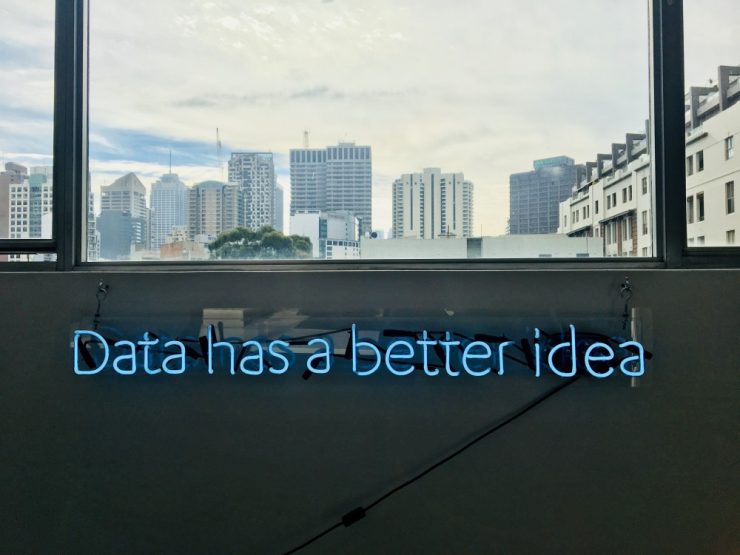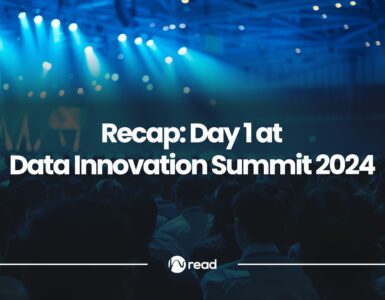We witness how companies are racing as they feel the urgency to become data-driven. Established businesses disappear and unicorns disrupt the market and question well-established work-flows. There is hysteria about the need to change and to do it all at once.
Tobias Wagenknecht, Head of Data & Analytics at Aftonbladet, a Swedish daily newspaper, will try to calm the hysteria down, and share his learnings from his data-driven journey at the Data Innovation Summit 2020. We had a chat with him before his presentation.
Hyperight: Hi Tobias, we are glad to have you as a speaker at the Data Innovation Summit 2020 for the first time. Please tell us more about yourself and your role in Aftonbladet.
Tobias Wagenknecht: My name is Tobias and I am the head of data & analytics at Aftonbladet. This is Sweden’s biggest news source with more than 3.6 million people using our services each and every day. We are renowned for our independent journalism and our credo to make Sweden a little bit better, the world a little more understandable and life a little easier.


I worked for 17 years in the travel & hospitality industry – mostly with data analysis & business decisions, before I joined the media industry beginning of last year. One of my main tasks is to support Aftonbladet on its journey to become a digital & data-driven newspaper.
Hyperight: You are going to deliver a presentation at the Data Management stage on the topic of the truth about being data-driven. It’s true – it seems like everyone is chasing the hype of data-driven, data analytics, AI. What are your biggest and most important lessons learnt as a Head of Data and Analytics in turning an organisation into data-driven?
Tobias Wagenknecht: It takes a lot of time and patience since it requires everybody to change and to adapt to a completely new way of working. It is merely a project for a data or an IT department, but a process of changing an entire company or even industry to implement a still very new mindset. We seem to be forgetting this, but only 25 years ago 95% of the Swedish population did not have internet access and it still took another 15 years before the release of the iPhone 4. We have just entered a new age of technology and it is going to take time for established businesses to adjust all their well-refined processes to it.


Hyperight: As 2020 is the year in which the Data Innovation Summit turns 5, could you point out what have been the most important breakthroughs with data and advanced analytics in the last 5 years according to you?
Tobias Wagenknecht: The last 5 years we have seen a lot of amazing examples on how companies have started to build entire workflows around data & AI and we have merely started to explore all the opportunities with learning about correlations and patterns of the different data points we are constantly collecting. It is both scary and exciting at the same time, it means a huge responsibility for every single one of us working in this field and future generations will judge us upon our decisions and actions. Personalisation of a newsfeed is a good example: If done right, our readers will engage longer with our articles and offers, while still being well and fact-based informed about what is going on in the world. If done wrong, it could mean that our readers are irritated for missing out on certain news or worse: being stuck in a filter-bubble of constantly being reassured by their own and only opinion. We all need to strive towards finding the right balance of f.e. user privacy and better user experience.


Hyperight: And as the last question, what are your future outlooks for data analytics for the next 1-2 years?
Tobias Wagenknecht: I believe that most of us are still in an experimentation phase: The next two years are not going to be much different. We will test new functionalities, trying to abandon our bad habits and constantly seek out new ways of improving ourselves. Chances of success will be higher for those who manage to integrate their business departments & management in this process. Use cases by those who have isolated themselves for too long will have a higher chance of failing when they are ready to set into production. This is a journey best to be taken together, even if this means adapting your pace.














Add comment